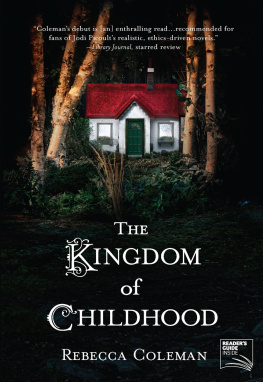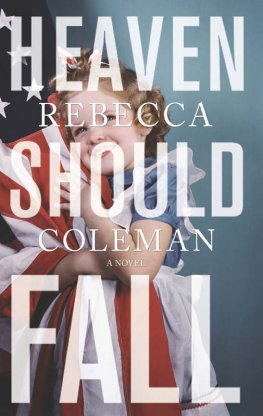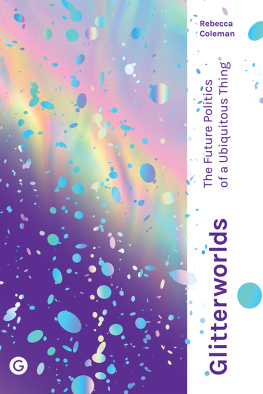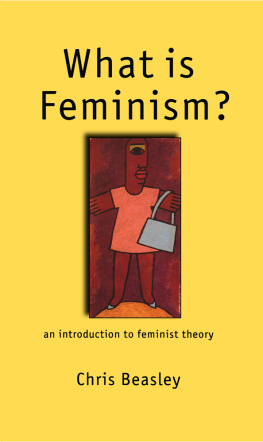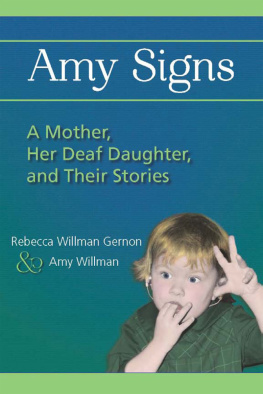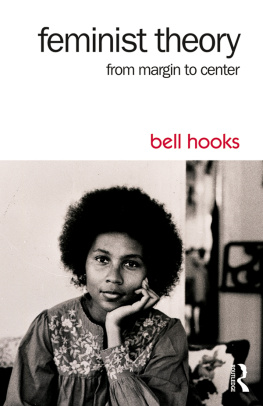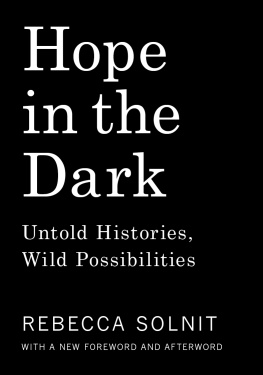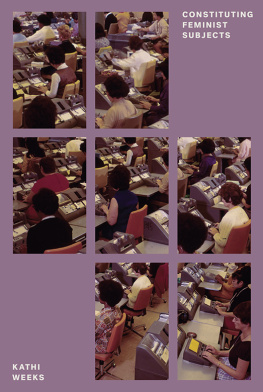Hope and Feminist Theory
Hope is central to marginal politics which speak of desires for equality or simply for a better life. Feminism might be characterised as a politics of hope, a movement underpinned by a utopian drive for equality. This version of hope has been used, for example in Barack Obamas phrase the audacity of hope a mobilisation of an affirmative politics which nevertheless implies that we are living in hopeless times. Similarly, in recent years, feminism has seen the production of a prevailing mood of hopelessness around a generational model of progress, which is widely imagined to have failed. However, as a number of feminist theorists have pointed out, the temporality of feminism cannot be conceived as straightforwardly linear: feminism can only be imagined as having failed if it is understood as a particular set of relations and things.
This collection grapples with the question of hope: how it figures and structures feminist theory as both a movement towards certain goals, and as inherently hopeful. Questions addressed include: Does hope necessarily imply a fantasy of perfectibility, a progression to a utopian future? Might it also be conceived in other ways: as an attachment? A lure? Does life tend towards hope, happiness, and optimism? And, if so, what are the consequences when hope fails? Who decides which hopes are false? What is the cost of giving up hope?
This book was published as a special issue of the Journal for Cultural Research .
Rebecca Coleman and Debra Ferreday are Lecturers in the Department of Sociology, Lancaster University.
First published 2011
by Routledge
2 Park Square, Milton Park, Abingdon, Oxon, OX14 4RN
Simultaneously published in the USA and Canada
by Routledge
711 Third Avenue, New York, NY 10017
Routledge is an imprint of the Taylor & Francis Group, an informa business
2011 Taylor & Francis
This book is a reproduction of the Journal of Cultural Research , vol. 14, issue 4. The Publisher requests to those authors who may be citing this book to state, also, the bibliographical details of the special issue on which the book was based
Typeset in Times by Taylor & Francis Books
All rights reserved. No part of this book may be reprinted or reproduced or utilised in any form or by any electronic, mechanical, or other means, now known or hereafter invented, including photocopying and recording, or in any information storage or retrieval system, without permission in writing from the publishers.
British Library Cataloguing in Publication Data
A catalogue record for this book is available from the British Library
ISBN 13: 978-0-415-61852-6
Disclaimer
The publisher would like to make readers aware that the chapters in this book are referred to as articles as they had been in the special issue. The publisher accepts responsibility for any inconsistencies that may have arisen in the course of preparing this volume for print.
Claire Colebrook holds a first degree in Philosophy from the University of Melbourne, Australia, a Bachelor of Letters from the Australian National University and a doctorate from the University of Edinburgh, UK. She was Professor of Modern Literary Theory at the University of Edinburgh from 20002008 and is now Professor of English at Penn State University. She has published articles on contemporary European philosophy, feminist theory, literary theory, contemporary music, dance, visual culture and political theory. Her books include New Literary Histories (Manchester University Press, 1997), Ethics and Representation (Edinburgh University Press, 1999), Gilles Deleuze (Routledge, 2002), Irony in the Work of Philosophy (University of Nebraska Press, 2002), Irony: The New Critical Idiom (Routledge, 2003), Understanding Deleuze (Allen & Unwin, 2003), Gender (Palgrave Macmillan, 2004), Deleuze: A Guide for the Perplexed (Continuum, 2006) and Milton, Evil and Literary History (Continuum, 2008). She is currently completing two book-length studies, one on vitalism and the other on William Blake and aesthetics.
Rebecca Coleman is a Lecturer in the Sociology Department at Lancaster University, UK. Her research is primarily concerned with studying the relations between bodies and images. Her book, The Becoming of Bodies: Girls, Images, Experience (Manchester University Press, 2009), examines these relations through empirical research with teenage girls from a Deleuzian perspective. She is currently writing a book, titled Transforming Images: Screens, Affect, Futures (Routledge, forthcoming), which explores the materialisation of images of self-transformation across contemporary popular culture.
Felicity Colman is a Senior Lecturer in Film and Media Studies at Manchester Metropolitan University, UK. Felicity is interested in the politics of contemporary screen aesthetics and is working on a book-length study of manifesto forms. A recent publication on cinema and gender by Felicity is Hit Me Harder: The Tranversality of Becoming-Adolescent, which was published in a special issue of Women entitled Guattari and Feminism (2005). Felicity is the editor of Film, Theory and Philosophy (Acumen, 2009), co-editor of Sensorium: Aesthetics, Art, Life (Cambridge Scholars, 2007) and author of Deleuze and Cinema: The Film Concepts (Berg, 2010).
Debra Ferreday is a Lecturer in Sociology at Lancaster University, UK. Her book, Online Belongings (2009: Peter Lang), explores the relationship between desire, technology and subjectivity in digital cultures. She has published widely on issues of subjectivity, performativity and technology, with a central focus on gender and queer theory and exploring a heterogeneous archive which includes anorexic subjectivities, cross-dressing, burlesque, sex work, mainstream fashion, celebrity cultures, and drag. She is currently working on a book, provisionally entitled Rethinking Femininity: Fashion, Artifice and the Self-Made Woman, which examines the historically problematic yet intimate relationship between feminism and femininity.
Joan Haran is a Research Fellow at the Economic and Social Research Council Centre for Economic and Social Aspects of Genomics (Cesagen), CardiffSchool of Social Sciences, CardiffUniversity, UK. Her recent publications include Modest Witnessing and Managing the Boundaries between Science and the Media in Public Understanding of Science (2009), with Jenny Kitzinger; From Reproduction to Research: Sourcing Eggs, IVF and Cloning in the UK in Feminist Theory (2009), with Kate ORiordan; and Human Cloning in the Media: From Science Fiction to Science Practice (Routledge, 2007), with Jenny Kitzinger, Maureen McNeil and Kate ORiordan. Her PhD thesis was entitled Re-Visioning Feminist Futures: Literature as Social Theory.
Celia Jameson is a PhD candidate in the Department of Media and Communications at Goldsmiths, University of London, UK. Her research focuses on the figure of the susceptible individual which emerges at the intersection of psychology and the media in the twentieth century as the victim of cults, brainwashing and the Stockholm syndrome.




